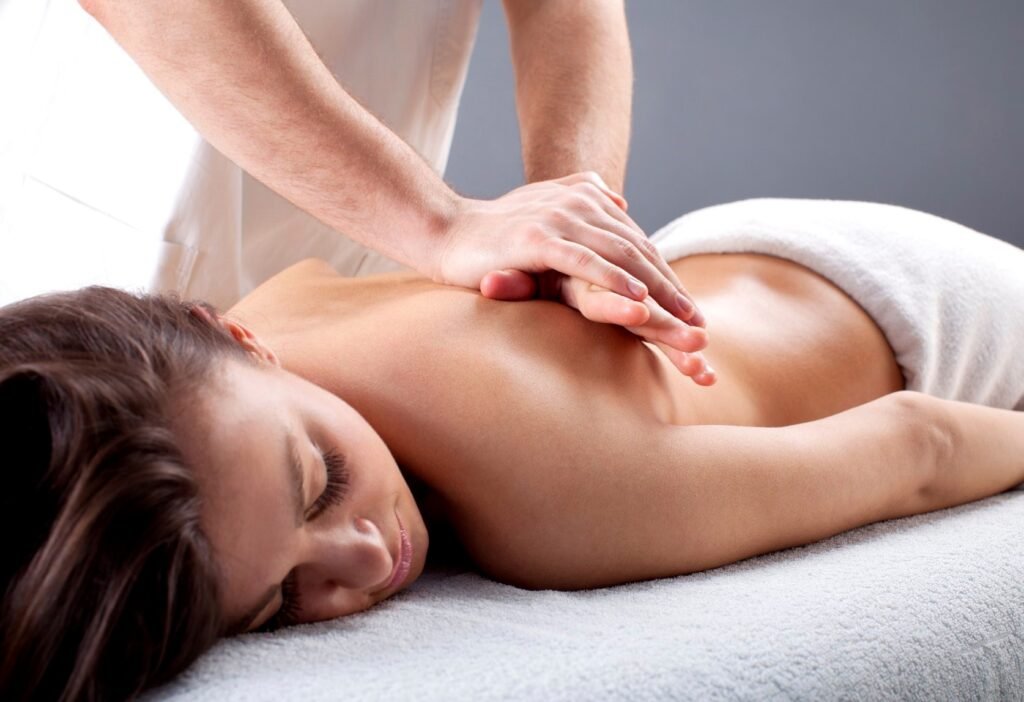In the realm of human physiology and sexuality, the interplay between hormones and sexual desire has long been a subject of intrigue and study. One hormone that has captured the spotlight in this context is testosterone, often associated with traits like aggression, muscle mass, and, notably, sexual drive. This essay delves into the question: Is it true that higher levels of testosterone make men hornier?
Understanding Testosterone:
Before delving into the relationship between testosterone and libido, it’s essential to grasp the role of testosterone in the male body. Testosterone is a sex hormone primarily produced in the testicles, though the adrenal glands also contribute to its secretion. It plays a pivotal role in the development of male reproductive tissues and the maintenance of male characteristics. Additionally, testosterone has a substantial impact on muscle mass, bone density, and, as we will explore, sexual function.
Testosterone and Libido:
Several studies have suggested a correlation between testosterone levels and male libido, or sexual desire. In males, testosterone contributes to the initiation of sexual desire and the arousal phase of the sexual response cycle. However, it is crucial to recognize that libido is a complex phenomenon influenced by various factors, including psychological, social, and environmental elements.
Research Studies:
Numerous scientific studies have aimed to elucidate the relationship between testosterone levels and male libido. A study published in the Journal of Clinical Endocrinology and Metabolism in 2003 found a positive correlation between testosterone levels and sexual desire in men. The research involved assessing testosterone levels in healthy, eugonadal men and revealed that those with higher testosterone levels reported increased sexual desire compared to their counterparts with lower testosterone levels.
However, it’s important to note that the relationship between testosterone and libido is not strictly linear. While some studies suggest a positive association, others have yielded mixed results. A study published in the Archives of Sexual Behavior in 2015 found that the association between testosterone and sexual desire may be more nuanced, with factors like age, relationship status, and overall health playing significant roles.
Psychological and Social Influences:
While testosterone undoubtedly contributes to male sexual desire, it is not the sole determinant. Psychological and social factors, such as stress, relationship dynamics, and mental health, can exert a profound influence on libido. For instance, stress-induced cortisol production can suppress testosterone levels, potentially leading to a decrease in sexual desire. Similarly, the quality of a romantic relationship and emotional well-being can play crucial roles in shaping an individual’s libido.
The Role of Individual Differences:
Individual variations in response to testosterone further complicate the relationship between this hormone and libido. Each person’s body reacts differently to hormonal changes, and what may significantly impact one individual’s libido may have a more modest effect on another’s. Factors such as genetics, lifestyle choices, and overall health can contribute to these individual differences.
Clinical Considerations:
Understanding the interplay between testosterone and libido also has clinical implications. In cases of hypogonadism, a condition characterized by low testosterone levels, individuals may experience a decline in sexual desire. Testosterone replacement therapy (TRT) is a medical intervention aimed at restoring testosterone levels to the normal range and has been shown to improve sexual function in some cases.
Controversies and Ethical Considerations:
The question of whether higher testosterone levels make men hornier is not without controversy. Some argue that oversimplifying the complex nature of libido by attributing it solely to testosterone overlooks the multifaceted factors at play. Additionally, ethical considerations arise when discussing the potential use of testosterone supplementation for enhancing sexual desire, particularly in cases where it may not be medically warranted.
Conclusion:
The relationship between testosterone levels and male libido is a topic that continues to be explored within the realms of scientific research and clinical practice. While there is evidence suggesting a positive correlation between testosterone and sexual desire, it is essential to approach this connection with a nuanced understanding. Libido is a complex phenomenon influenced by a myriad of factors, and attributing it solely to testosterone oversimplifies the intricate nature of human sexuality. As research advances, our comprehension of the interplay between hormones, psychology, and social influences in shaping libido will undoubtedly evolve, providing a more comprehensive understanding of human sexual function.



